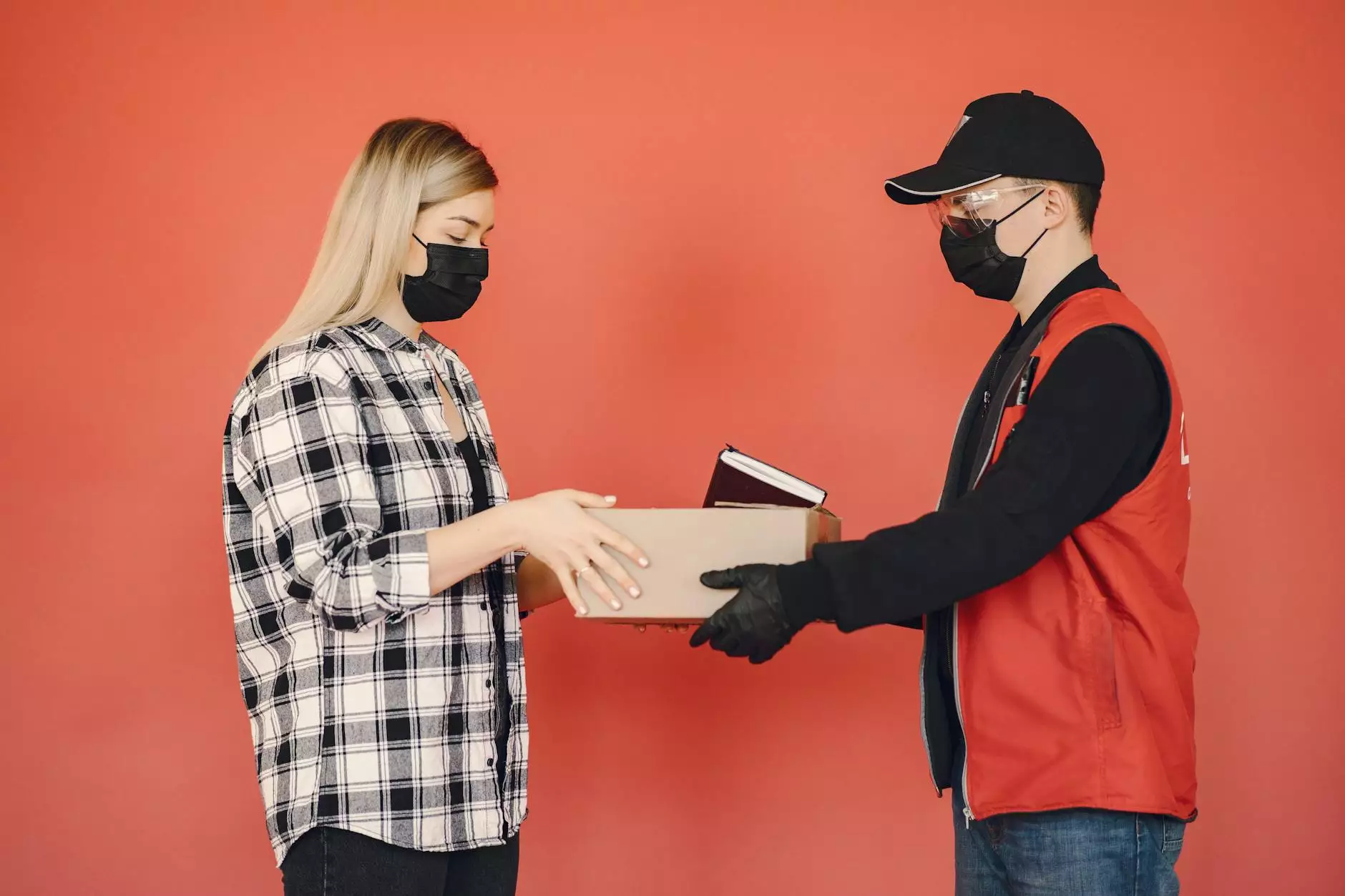Strong Addictive Painkillers - The Potency and Risks

At USCareland Pharmacy, we understand the importance of providing accurate information about health and medical topics. In this article, we delve into the world of strong addictive painkillers, discussing their potency, addictive nature, and risks. As a trusted provider in the medical centers and pharmacy industry, our mission is to educate and create awareness regarding the safe use of medications.
Understanding Strong Addictive Painkillers
Strong addictive painkillers, also known as opioids, are medications that are commonly prescribed to relieve severe pain. They are highly effective in managing acute pain associated with surgery, injuries, or chronic conditions like cancer. However, it's crucial to use them under medical supervision due to their potent nature and potential for addiction.
Types of Strong Addictive Painkillers
There are several types of strong addictive painkillers:
- Oxycodone: Oxycodone is a powerful painkiller that alters the way the brain perceives pain. It is commonly prescribed for severe pain relief.
- Morphine: Morphine is a well-known opioid used to manage moderate to severe pain. It acts directly on the central nervous system to diminish pain signals.
- Fentanyl: Fentanyl is an extremely potent synthetic opioid that is reserved for severe pain management or in cases where other opioids are ineffective.
- Hydrocodone: Hydrocodone is a commonly prescribed opioid often used in combination with other medications for pain relief.
The Potency and Effectiveness of Strong Painkillers
Strong addictive painkillers are highly potent, and their effectiveness in relieving pain is noteworthy. However, their strength comes with potential risks and side effects. It is important to strike a careful balance when using these medications to ensure the best possible outcomes.
Addictive Nature and Risks
One significant concern with strong addictive painkillers is their addictive nature. The human body can develop tolerance to opioids over time, requiring higher doses for the same pain relief. This tolerance can lead to physical dependence and addiction if not managed properly. It is crucial to follow prescribed dosages and consult a healthcare professional for effective pain management strategies.
Potential Side Effects
While strong addictive painkillers can provide immense relief, they may also cause side effects, which can include:
- Nausea and vomiting: These medications can cause gastrointestinal disturbances, leading to nausea and vomiting for some individuals.
- Constipation: Opioids can slow down digestive processes, resulting in constipation.
- Drowsiness: Strong painkillers may induce drowsiness and affect overall alertness. It is important to refrain from activities that require full focus, such as driving, while using these medications.
- Respiratory Depression: In rare cases, opioids can cause respiratory depression, which is characterized by slow and shallow breathing. Immediate medical attention must be sought if any respiratory abnormalities are experienced.
Safe Use and Precautions
When using strong addictive painkillers, it is crucial to adhere to the following guidelines to ensure safe and responsible use:
- Prescription and Medical Supervision: Always obtain these medications with a valid prescription from a qualified healthcare professional. They will monitor your progress and adjust dosages as necessary.
- Follow the Recommended Dosage: Strictly adhere to the prescribed dosage and never exceed it unless advised by your healthcare provider.
- Awareness of Potential Interactions: Inform your healthcare professional about all other medications, supplements, or herbal remedies you are taking to avoid potential interactions with strong addictive painkillers.
- Regular Communication: Stay in touch with your healthcare provider to monitor your progress, discuss any changes in your pain relief needs, and ensure the safe and appropriate use of these medications.
- Safe Storage and Disposal: Keep strong addictive painkillers out of reach of children and dispose of any unused medication properly, following local regulations and guidelines.
Conclusion
Strong addictive painkillers play a crucial role in managing severe pain. However, their potency and addictive nature require careful consideration and responsible use. USCareland Pharmacy, your trusted provider in the Health & Medical, Medical Centers, and Pharmacy industry, promotes safe medication practices and encourages open communication with healthcare professionals to ensure optimal pain management outcomes.
Remember, strong addictive painkillers should only be used as directed under medical supervision. Reach out to USCareland Pharmacy for further consultation and assistance with your medication needs.









